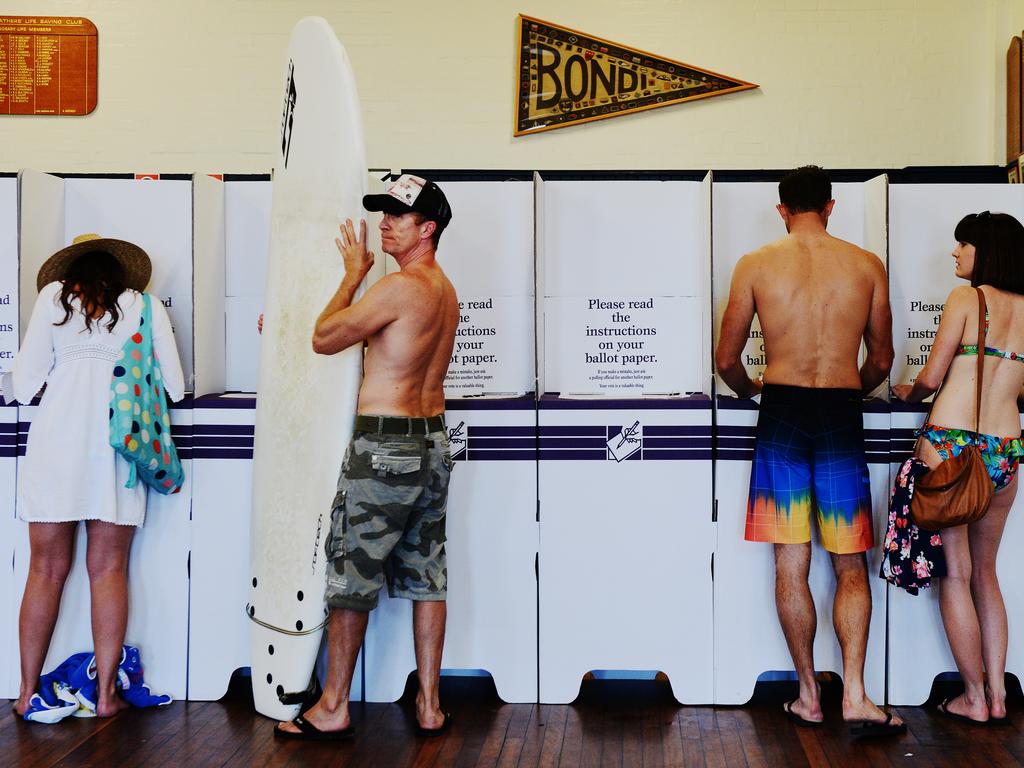What Aussies really think about climate change
Climate change was the big issue for about one in seven Aussies at the last election – but a new study reveals just how significant it has become for voters.
Just one in seven Australians considered climate change their decisive issue when voting in the 2019 federal election.
But some 80 per cent say action to reduce Australia’s greenhouse gas emissions is important, including almost 70 per cent of Coalition voters.
They are two key findings from new ANU research published today in the journal PLOS ONE, based on online and telephone surveys with more than 2000 Australian voters after the 2019 poll.
In the paper, researchers Dr Rebecca Colvin and Professor Frank Jotzo looked at some of the reasons why, in the “climate election,” the party that was offering the more “status quo” emissions policy was returned to government.
They found 52 per cent of survey respondents said climate change was a factor in how they voted in 2019, but it was the single biggest issue for just 13 per cent of voters – or slightly more than one in seven people.
Asked whether this finding could be a source of hope or despair for supporters of climate action, Dr Colvin said both interpretations were possible.
“One way to look at it is that there isn’t a massive unbridgeable divide across the political spectrum on climate change,” she told News Corp. “There are lots of people who say they want to see action on climate change but they’re not determining their votes on it – but that broad based of social support is there.”


Dr Colvin said previous studies had shown Australian voters were highly divided along partisan lines on climate change – second only to voters in the US – but this new research suggested the partisan divide was “likely closing”.
Extreme weather events such as bushfires, floods and intense heatwaves are sometimes assumed to increase concern about climate change – and hence drive the decisions voters make at the ballot box – but Dr Colvin said the evidence whether this was actually so was “pretty mixed”.
“Some research shows certain types of extreme weather events affect people’s attitudes, but that decays over time quite substantially,” she said.
The research comes a month before a global climate summit hosted by US President Joe Biden, and amid increasing expectation that Australia will eventually adopt a goal of net zero emissions by 2050, in line with most of our trading partners.

Speaking at a forum convened by the Committee for Economic Development of Australia yesterday on the investor possibilities created by the transition to a low-carbon economy, economist Professor Ross Garnaut said Australia would actually do better in a net-zero global economy than one powered by fossil fuels.
“In the zero emissions economy Australia has huge advantages. We have by far the richest combination of solar and wind resources in the developed world,” Prof Garnaut said.
Other nations would also eventually look to import low-carbon products from Australia to help drive down their own emissions, he said.
Asked about the apparent disconnect between climate change concern and how people actually vote, Prof Garnaut said Australia’s political system had “got in the way” of action on climate change from time to time.
“Democracies can fail for a while but they don’t keep failing,” he said. “You can get rid of leaders who don’t change their minds with the community.”
Originally published as What Aussies really think about climate change




